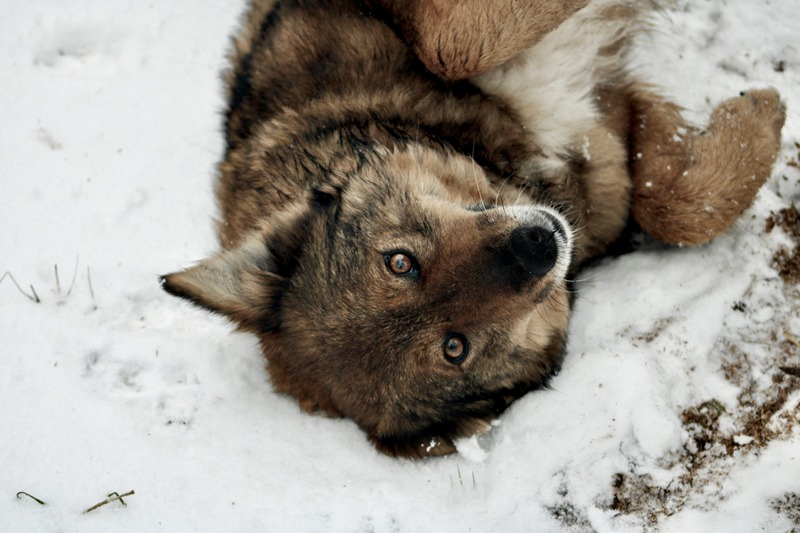As a loving pet owner, the thought of your furry friend undergoing surgery can be as nerve-wracking for you as it is for them. But with proper preparation and understanding, you can ensure your beloved companion sails through the operation with as little stress as possible. Let’s walk through a step-by-step guide on prepping your pet for the big day, keeping in mind the ultimate goal—your pet’s health and safety.
Understanding the Procedure
Before you proceed with any preparation, you must have a thorough understanding of the surgical procedure. This will not only help to alleviate your anxiety but also allow you to prepare your pet adequately. Make sure to discuss the following with your veterinarian:
-
Surgical Details: Learn what the surgery involves, how long it will take, and what results you can expect.
-
Post-Operative Care: Understand the type of care your pet will require after surgery, including any dietary restrictions or medication regimens.
-
Risks and Complications: While no one likes to think about them, it’s important to be aware of possible risks or complications.
Selecting an Experienced Vet
Choosing the right veterinary care provider is as important as the surgery itself. Select a reputable animal hospital or clinic with a track record of success in performing similar procedures. Look for facilities offering a range of pet health services, from pet radiology services to emergency vet clinics, ensuring they can cater to all possible needs.
Importance of Visiting the Vet
Well before the surgery is scheduled, regular vet visits are crucial. These checkups can catch potential health concerns that could complicate surgical procedures. Moreover, an animal clinic or pet vaccination clinic in Somerset, MA, often performs essential health screenings that serve as baselines for surgical assessments.
Adhering to Pre-Surgery Instructions
Your vet will provide specific instructions to prepare your pet for surgery. You must adhere to these directions to a tee to avoid any complications during the procedure.
-
Fasting: Most pets need to refrain from eating the night before the surgery to prevent anesthesia-related issues.
-
Medication: If your pet is on any medication, clarify which ones should be continued or stopped prior to the operation.
-
Hydration: Understanding the rules about drinking water before surgery is also essential.
Pre-Operative Pet Services
In some cases, pets might require specific services prior to surgery. For example, a routine dog checkup might reveal the need for dental care or vaccinations. Ensuring your pet is in the best possible health before surgery can contribute significantly to a successful outcome.
Stress can negatively impact your pet’s recovery. Therefore, it’s important to maintain a calm and serene environment. Consider these pre-surgery tips:
-
Comfort: Surround your pet with their favorite toys or blankets to give them a sense of security.
-
Familiarity: Keep routines as normal as possible to avoid causing unnecessary stress for your pet.
-
Reassurance: Spend quality time with your pet, offering reassurance through gentle petting and soothing vocal tones.
Transporting Your Pet Safely
On the day of the surgery, ensure your pet is transported safely to the clinic. Use a secure, comfortable carrier for smaller pets, and for larger ones, a backseat cover in the car might help. Always keep the vehicle well-ventilated and at a comfortable temperature.
Post-Surgery Care and Recovery
Post-operative care is equally important for a full recovery. Follow your vet’s instructions regarding:
-
Medication: Administer any prescribed medication at the recommended dosage and times.
-
Diet: Food may need to be introduced slowly or in a special form to accommodate post-surgery sensitivities.
-
Activity: Limit your pet’s activities as directed, even if they seem to be feeling better.
Understanding Pet Care
Post-surgical care might also involve regular follow-ups with an internist vet near me to monitor recovery or manage any ongoing conditions. High-quality pet care, along with a comfortable home environment, fosters a speedy and less stressful recovery.
Monitoring Your Pet’s Health
Keep a watchful eye on your pet’s health and behavior following the surgery. Contact the vet promptly if you notice anything out of the ordinary, such as excessive lethargy, signs of infection, or changes in appetite.
Final Thoughts
Preparing your pet for surgery requires a combination of knowledge, attention to detail, and a whole lot of love. By following the above steps and keeping abreast of all aspects of veterinary care, from pet vaccinations to neutering and spaying services, you play an active role in securing your pet’s health. Embrace the journey with confidence, knowing you have done everything to make the process as smooth as possible for your cherished animal companion.


